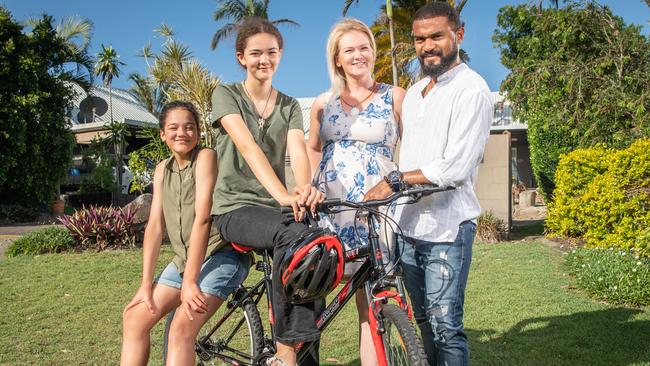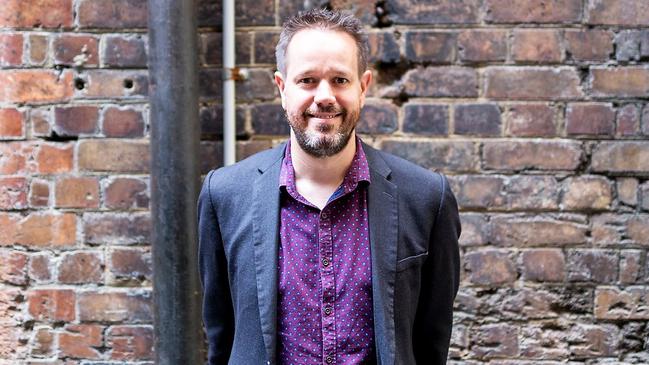Blitz your summer electricity bill with these cost-saving tips
Aussies can expect bigger bills for electricity this summer as they work from home, but there are plenty of ways to keep a lid on costs.
SmartDaily
Don't miss out on the headlines from SmartDaily. Followed categories will be added to My News.
Summer is less than a month away and 2020’s new wave of working-from-home Australians means higher electricity bills loom for millions of households.
Cooling a home for six hours a day during hot weather can create a $2000 bill for airconditioning alone, energy experts say, and new research has found a majority of consumers are actively trying to trim their electricity use.
Among them is Kylie Travers, 35, whose Noosa family of four spends less than $1000 a year on electricity by embracing energy-efficient practices and an outdoor lifestyle.
“We don’t leave things on when not in use, we use power boards to switch things off in bulk, and we spend a lot of time outdoors hiking, so not as much time at home on devices,” she says.
“We don’t own a TV, so that isn’t running 24-7, and our appliances are energy efficient.”
Energy specialists say airconditioning is the biggest cash guzzler, and cooling company Close Comfort’s CEO, Professor James Trevelyan, says there are several ways to keep costs down.
“Airconditioning electricity demand is shifting from central business districts to the suburbs,” he says.

Prof Trevelyan recommends:
• Keeping windows closed and curtains and blinds drawn during the day and open at night.
• Using personal airconditioners where possible rather than trying to cool an entire home.
• Adapting to the heat – which typically takes seven to 10 days – and wearing appropriate clothing indoors.
• Using ceiling fans and pedestals fans as much as possible.
“A fan reduces the perceived temperature by around two to three degrees,” he says.
Parents should keep on their toes, Prof Trevelyan says.
“Kids don’t care and often fiddle with thermostats – they don’t pay the electricity bills, so they are not aware of how much room air conditioners cost to run,” he says.
A new study by comparison website Finder.com.au found 55 per cent of Australians plan to cut their power use this summer. Airconditioning is their main target, followed by switching energy providers and heading back to the office.
Finder insights manager Graham Cooke says most Australian homes don’t have double glazed windows so they “suck in an enormous amount of heat”.

Heavy duty curtains or black out blinds could be a good money-saving investment, he says.
And many Australians set their aircon thermostats too low in summer.
“The perfect temperature setting is 24-25 degrees - if you go any cooler than that you’re throwing money out the window,” Cooke says.
Comparethemarket.com.au spokeswoman Abigail Koch says the next quarter’s electricity bill is “set to be a shocker” for many homes.
“Fortunately, there are several smart energy-efficient products that could help households reduce their electricity usage,” she says.
These include smart power boards and plugs that allow you to control appliances from an app, solar powered chargers and smart thermostats, Koch says.
“The smart thermostat’s energy-efficient features can save the average household nearly 12 per cent on their electricity bill each year,” she says.
“However, one of the most effective and easy ways to save on your power bills is to compare and switch to a discounted plan.”
LOWER YOUR POWER COSTS
• Change your airconditioning habits and raise its thermostat a few degrees.
• Compare providers and examine switching to a cheaper energy retailer.
• Consider using low-energy portable airconditioners rather than large units.
• Use timers for airconditioners and other appliances – such as pool pumps - to reduce energy usage.
• Do you really need that second fridge? They can cost you plenty.
• In hot weather, drink more water than you think you need.
• Try to shade west-facing windows and walls.
• Consider installing extra insulation.

